If your goal in the gym is gaining muscle and hypertrophy, there are two words that matter more than anything else when it comes to reaching your goals:
PROGRESSIVE. OVERLOAD.
Progressive overload by definition is a method of strength training that advocates for the gradual increase of the stress placed upon the musculoskeletal and nervous system over time.
So how can you actually do that?
There are a few ways to achieve progressive overload that you need to take into account and lifting heavy is just one of them:
Increasing Load - Think adding more weight or lifting heavier
Increasing Volume - Think adding more reps / sets
Increasing Frequency - Think adding more sessions per body part
Increasing Tension - Think creating time under tension and tempo
Increasing Intensity - Think less rest, more intent
Your daily training should always prioritize at least one of the above in order to ensure results over time.
These various progressive overload principles are important to note because when you question how HEAVY you should be lifting, it will likely depend on how much volume you’re doing, how much frequency you’re accumulating, and how much tension you are creating as well.
It’s also important to note that training heavy (relative to you and your experience) is always important. You never want to find yourself in a position where you are so hyper-focused on “the squeeze” aka tension and intensity, that you lack progression in the actual weight that you are lifting.
So if you are just looking for a quick answer to how heavy you should be lifting, the answer is HEAVIER than before, week over week, month over month, year over year, and so on.
Here’s a simple formula for you to take with you:
Lift light enough to maintain correct, strict form…BUT allow for enough wiggle room in the last reps of your set to actually progress the AMOUNT of weight you’re lifting over time and provide additional stimulus to the muscle.
If you keep the same weight for too long or don’t change the type of stimulus you’re providing (refer back to progressive overload principles) your body will adapt and plateau or even worse, regress.
So if you find yourself questioning if you are lifting heavy enough, ask yourself these 3 questions next time you’re in the gym:
- Is the intended muscle really being stimulated?
- Will the technique I’m using risk injury and potentially hinder progression?
- Am I pushing myself hard enough to progressively overload?
If you feel that your intensity, focus, and control is there but you’re not seeing the results that you want you likely need to focus on increasing the load that you are pushing, aka lifting heavier.
To summarize, tension, control, intention, and other variables are all extremely important in you training, AND you should always aim to incrementally increase the weight that you’re lifting over time.

